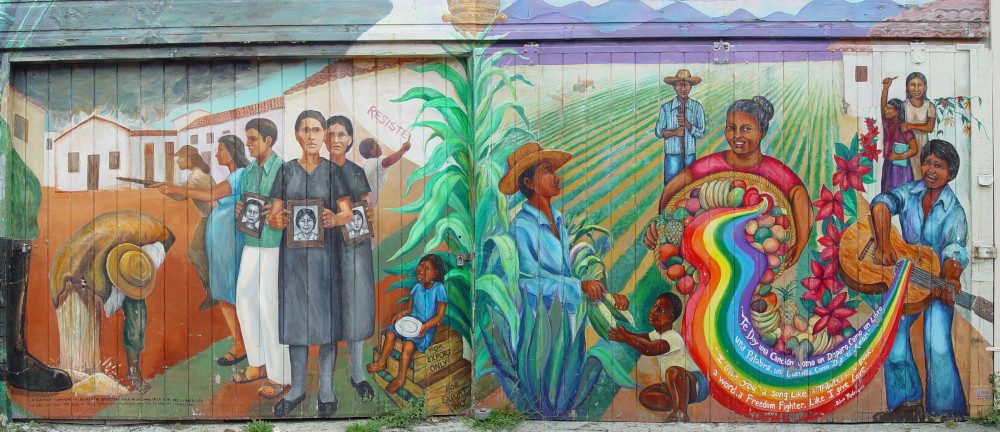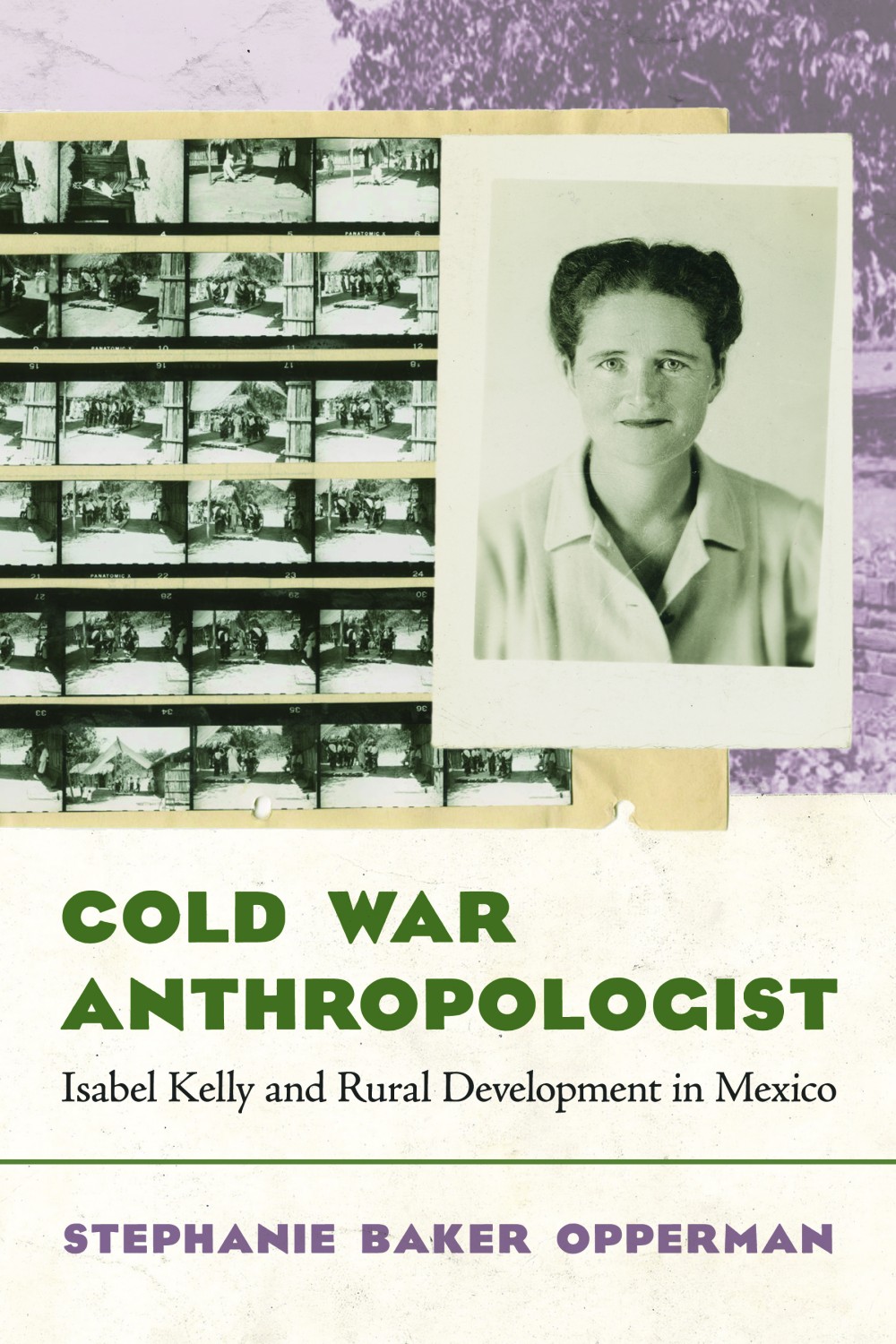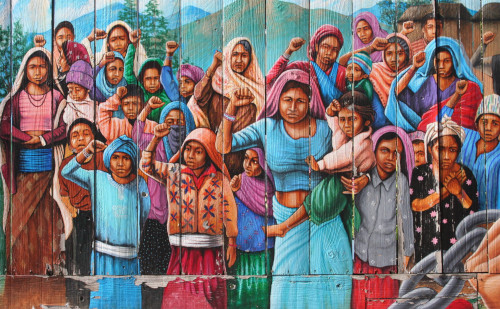About

Stephanie Opperman is a Professor of History at Georgia College. She earned her doctorate from the University of Illinois Chicago in Latin American History. Her research and publications focus on mid-twentieth century U.S.-Mexico diplomatic and cultural relations. Her book, Cold War Anthropologist: Isabel Kelly and Rural Development in Mexico, explores the changing nature of U.S.-Mexican relations, development programs, state efforts of assimilation, the field of anthropology, and gendered experiences in mid-twentieth century Mexico through the international work of Dr. Isabel T. Kelly (1906-1983). As the Principal Investigator and Co-Program Director for the NEH grant, “Flannery O'Connor and Milledgeville: Collecting the Past,” she is working with undergraduate students to interview community members who lived in Milledgeville during the heart of O’Connor’s writing career (1951-1964). The goal of the project is to learn more about experiences with class, gender, race, disability, the Cold War, religious beliefs, commercialism, and old/new South mythologies in 1950s rural Georgia.




